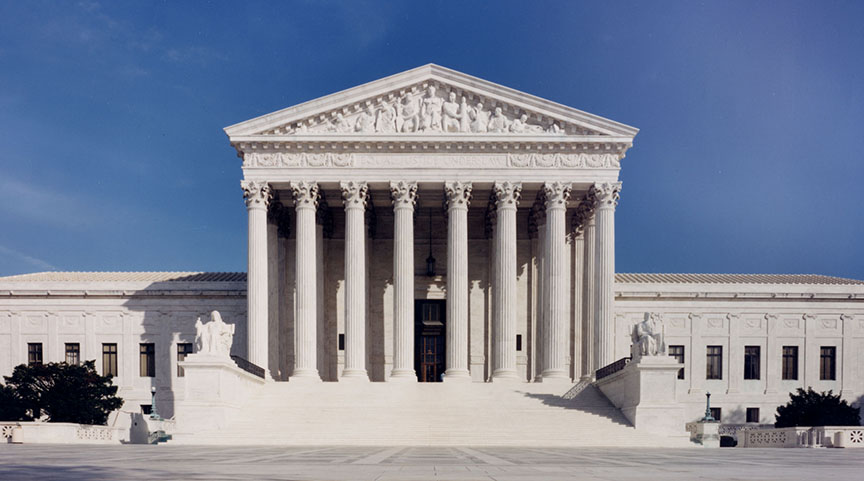
- Details
- By Brian Edwards
- Policy and Law
The U.S. Supreme Court has declined to hear the Sault Ste. Marie Tribe of Chippewa Indians' case seeking to force the federal government to take 71 acres near Detroit into trust for a potential casino development.
The decision, announced yesterday, effectively upholds lower court rulings that rejected the tribe's attempts to expand its gaming operations beyond Michigan's Upper Peninsula.
In its petition to the high court, the Sault Tribe argued that without a favorable decision, its ability to achieve economic self-sufficiency would be “forever impaired.”
At the center of the dispute was the tribe's attempt to have the Department of Interior take the parcel at 3681 Sibley Road and I-275 near Detroit's Metro Airport into trust under Section 108 of the Michigan Indian Land Claims Settlement Act. This section allows the tribe to use settlement funds' interest for various purposes benefiting tribal members and for "consolidating or enhancing tribal lands.
The D.C. Circuit Court of Appeals ruled in June 2024 that the Interior Department correctly determined the land acquisition didn't qualify as an "enhancement of tribal lands" under the Settlement Act.
“The mere acquisition of additional land, without any demonstration that the acquisition improves the quality or value of existing tribal lands, does not constitute an 'enhancement of tribal lands,’” the appeals court wrote.
Federal officials argued the tribe could still acquire land using fund principal or income for economic development purposes, but must comply with statutory requirements.
The tribe, which operates casinos in Michigan’s Upper Peninsula, has sought for years to expand into more lucrative markets in the Lower Peninsula.
Two other Michigan tribes had intervened to oppose the Sault Tribe’s attempt to have the land taken into trust.
The case highlights ongoing challenges tribes face in expanding economic development opportunities beyond reservation boundaries, particularly in the gaming sector where regulatory hurdles for off-reservation casinos remain significant.
